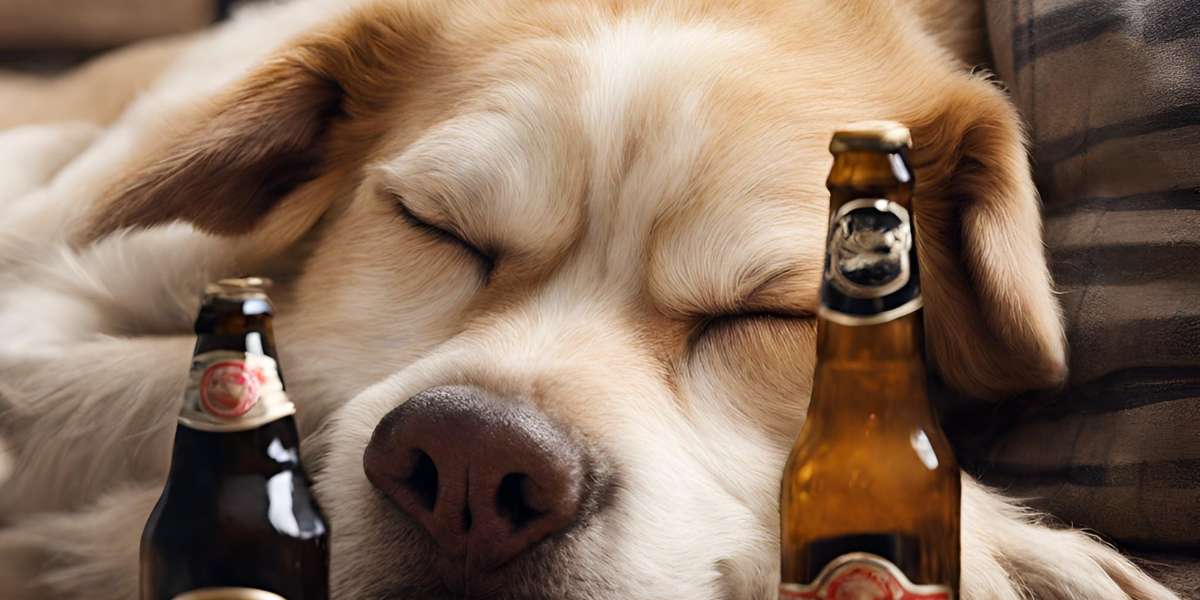A Guide to Avoiding Common Culprits
Our furry friends often have a voracious appetite, and their eagerness to explore different foods can sometimes lead to health hazards. While we may be tempted to share our meals with our beloved canine companions, it’s essential to remember that not all human foods are safe for dogs. In fact, some common foods can be toxic and even fatal to dogs if ingested. To ensure the well-being of your furry friend, it’s crucial to be aware of the foods that should be avoided.
- Chocolate: Most dog owners are aware that chocolate is harmful to dogs, but it’s worth reiterating due to its severity. Chocolate contains theobromine, a stimulant similar to caffeine, which dogs metabolise much more slowly than humans. Even small amounts of chocolate can cause vomiting, diarrhoea, rapid breathing, increased heart rate, seizures, and even death in dogs. The darker the chocolate, the higher the concentration of theobromine, making dark and baking chocolate particularly dangerous.
- Grapes and Raisins: Grapes and raisins can cause kidney failure in dogs, even in small amounts. The exact toxic substance in these fruits is unknown, but ingestion can lead to symptoms such as vomiting, diarrhoea, lethargy, and ultimately kidney failure. It’s best to keep grapes and raisins out of reach of your dog and avoid feeding them as treats.
- Onions and Garlic: Onions, garlic, and other members of the allium family can cause damage to a dog’s red blood cells, leading to anaemia. Whether raw, cooked, or powdered, onions and garlic should be avoided in all forms. Symptoms of onion or garlic toxicity include weakness, vomiting, diarrhoea, and difficulty breathing. In severe cases, it can even result in organ damage.
- Xylitol: Xylitol is a sugar substitute commonly found in sugar-free gum, candies, baked goods, and other products. While harmless to humans, xylitol can cause a rapid release of insulin in dogs, leading to hypoglycemia (low blood sugar). Ingestion of xylitol can result in symptoms such as vomiting, loss of coordination, seizures, and liver failure. Even small amounts of xylitol can be extremely dangerous to dogs.
- Avocado: Avocado contains a substance called persin, which can be toxic to dogs in large amounts. While the flesh of ripe avocado is generally considered safe for dogs in small quantities, the pit, skin, and leaves contain higher concentrations of persin and should be avoided. Ingestion of large amounts of avocado can cause vomiting, diarrhoea, and pancreatitis in dogs.
- Alcohol: Alcohol, even in small amounts, can be extremely dangerous for dogs. Dogs are much more sensitive to alcohol than humans, and ingestion can lead to alcohol poisoning, which can be fatal. Symptoms of alcohol poisoning in dogs include vomiting, diarrhoea, difficulty breathing, tremors, and even coma. Keep alcoholic beverages out of reach of your dog at all times.
Healthy Treats:
Providing your dog with healthy treats specifically designed for them can contribute to their overall well-being by supporting their nutritional needs and promoting a healthier lifestyle:
Conclusion:
While it’s natural to want to share our food with our canine companions, it’s essential to be mindful of what we offer them. Many common foods that are safe for humans can be toxic to dogs, causing a range of health problems from mild digestive upset to life-threatening conditions. By familiarising yourself with the foods that should be avoided and taking precautions to keep them out of your dog’s reach, you can help ensure a happy and healthy life for your furry friend. When in doubt, always consult with your veterinarian to determine the safety of specific foods for your dog.








